Many more workers have arrived in Britain from Eastern Europe since enlargement of the EU in May than the Government predicted, figures showed yesterday
Published:
11 November 2004 y., Thursday
Many more workers have arrived in Britain from Eastern Europe since enlargement of the EU in May than the Government predicted, figures showed yesterday.
Nearly 91,000 people from the eight former Soviet-bloc states that joined the EU registered to work in the first five months after the expansion. The Tories said many others may have taken on a job without registering.
In the run-up to enlargement, ministers dismissed suggestions of a major influx of migrant workers and regularly cited an official estimate of between 5,000 and 13,000 additional arrivals per year.
The latest figures are seven times that forecast in under half the period. However, David Blunkett, the Home Secretary, said they showed that the worker registration scheme, set up to dampen controversy over enlargement, was operating effectively.
Normally, EU citizens can travel freely to settle and work in other member states. But the 15 existing members were allowed to operate controls on migration from the new states for up to seven years.
While most governments imposed restrictions, Britain decided not to. The Government said Britain needed more workers but it faced accusations of failing to protect the country's borders. It decided to establish a registration scheme to discourage new arrivals from working in the black market.
The Home Office said 45 per cent of those who had registered were already in the country. Mr Blunkett said the new arrivals, mostly aged between 24 and 34, had helped to fill job vacancies in hospitality and agriculture, and had legalised some who had not been paying tax.
Šaltinis:
news.telegraph.co.uk
Copying, publishing, announcing any information from the News.lt portal without written permission of News.lt editorial office is prohibited.
The most popular articles
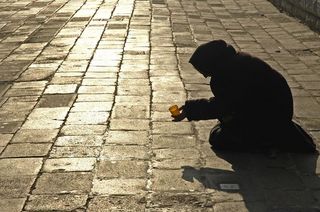 The dark spectre of unemployment is stalking Europe and 2010 is the year it has earmarked in the fight against poverty.
more »
The dark spectre of unemployment is stalking Europe and 2010 is the year it has earmarked in the fight against poverty.
more »
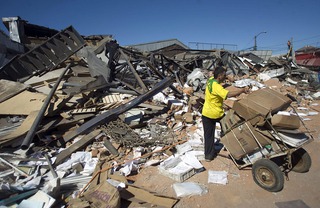 Just about a month after a devastating 8.8-magnitude earthquake destroyed vast swaths of Chile’s south central region, residents in the coastal town of Dichato continue to wait for much needed aid.
more »
Just about a month after a devastating 8.8-magnitude earthquake destroyed vast swaths of Chile’s south central region, residents in the coastal town of Dichato continue to wait for much needed aid.
more »
 The European Parliament will once again mark “Earth Hour” by switching off lights in all its buildings for one hour this Friday and Saturday.
more »
The European Parliament will once again mark “Earth Hour” by switching off lights in all its buildings for one hour this Friday and Saturday.
more »
 Only one in 10 board members of Europe's biggest listed companies is a woman and all central bank governors in the EU are male.
more »
Only one in 10 board members of Europe's biggest listed companies is a woman and all central bank governors in the EU are male.
more »
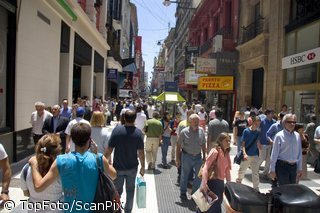 New rules in 10 EU countries would let international couples choose which country’s law applies to their divorces.
more »
New rules in 10 EU countries would let international couples choose which country’s law applies to their divorces.
more »
 The EP's Committee on Culture and Education urges the EU to promote non-formal education, combat youth unemployment and help young people with special needs.
more »
The EP's Committee on Culture and Education urges the EU to promote non-formal education, combat youth unemployment and help young people with special needs.
more »
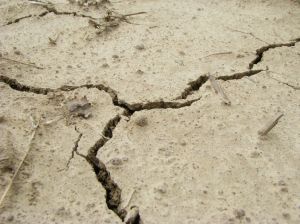 More than 50 million people in southwest China are struggling to cope with what is being called the worst drought in living memory.
more »
More than 50 million people in southwest China are struggling to cope with what is being called the worst drought in living memory.
more »
 Ideas sought on how to improve train, energy and banking services - a major cause of headaches for consumers in Europe.
more »
Ideas sought on how to improve train, energy and banking services - a major cause of headaches for consumers in Europe.
more »
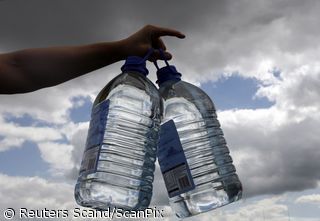 The EBRD is supporting the rehabilitation of the water and wastewater system in the city of Aktau, in the Mangystau region of Kazakhstan, with a loan in Kazakhstan Tenge (KZT) equivalent to €5.8 million (KZT 1.2 billion) to Aktau TVS&V, the municipal water and district heating company serving the city.
more »
The EBRD is supporting the rehabilitation of the water and wastewater system in the city of Aktau, in the Mangystau region of Kazakhstan, with a loan in Kazakhstan Tenge (KZT) equivalent to €5.8 million (KZT 1.2 billion) to Aktau TVS&V, the municipal water and district heating company serving the city.
more »
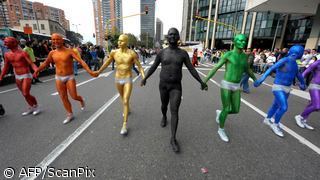 The world’s biggest St. Patrick’s Day parade bathed New York’s Fifth Avenue in a sea of green.
more »
The world’s biggest St. Patrick’s Day parade bathed New York’s Fifth Avenue in a sea of green.
more »